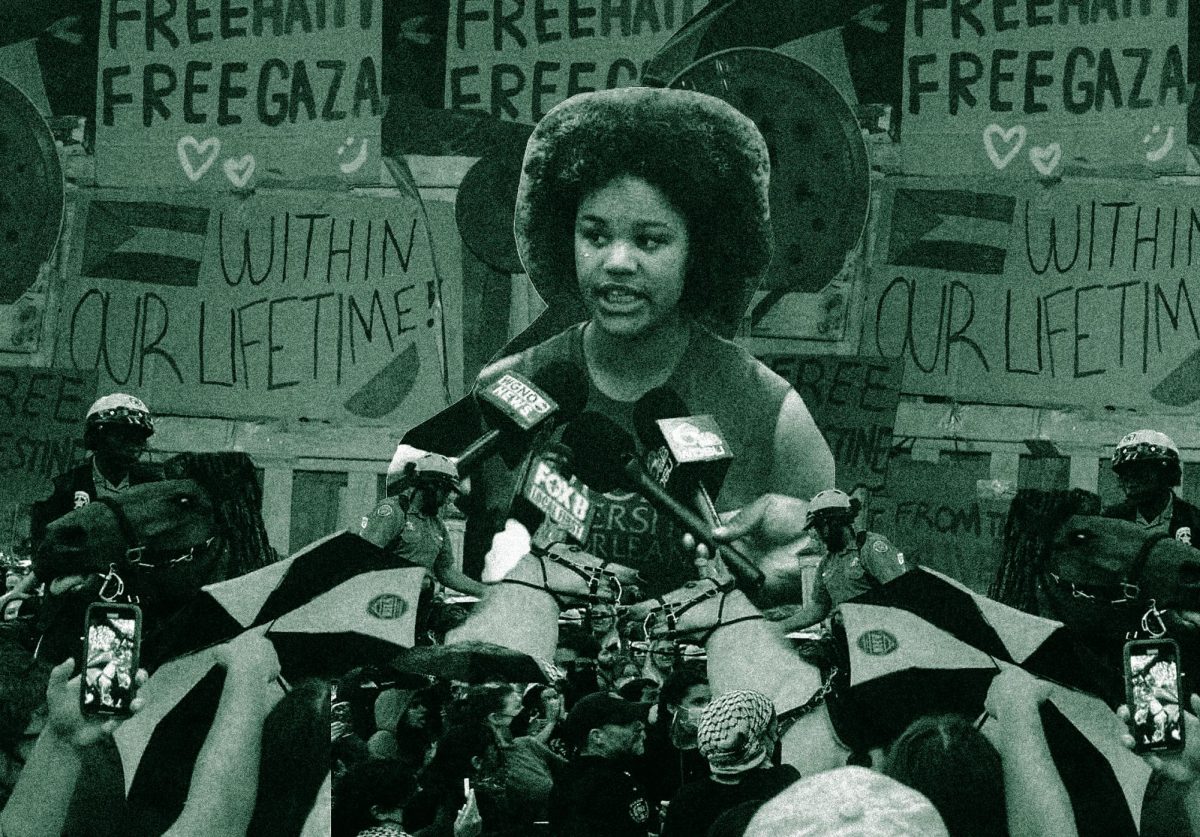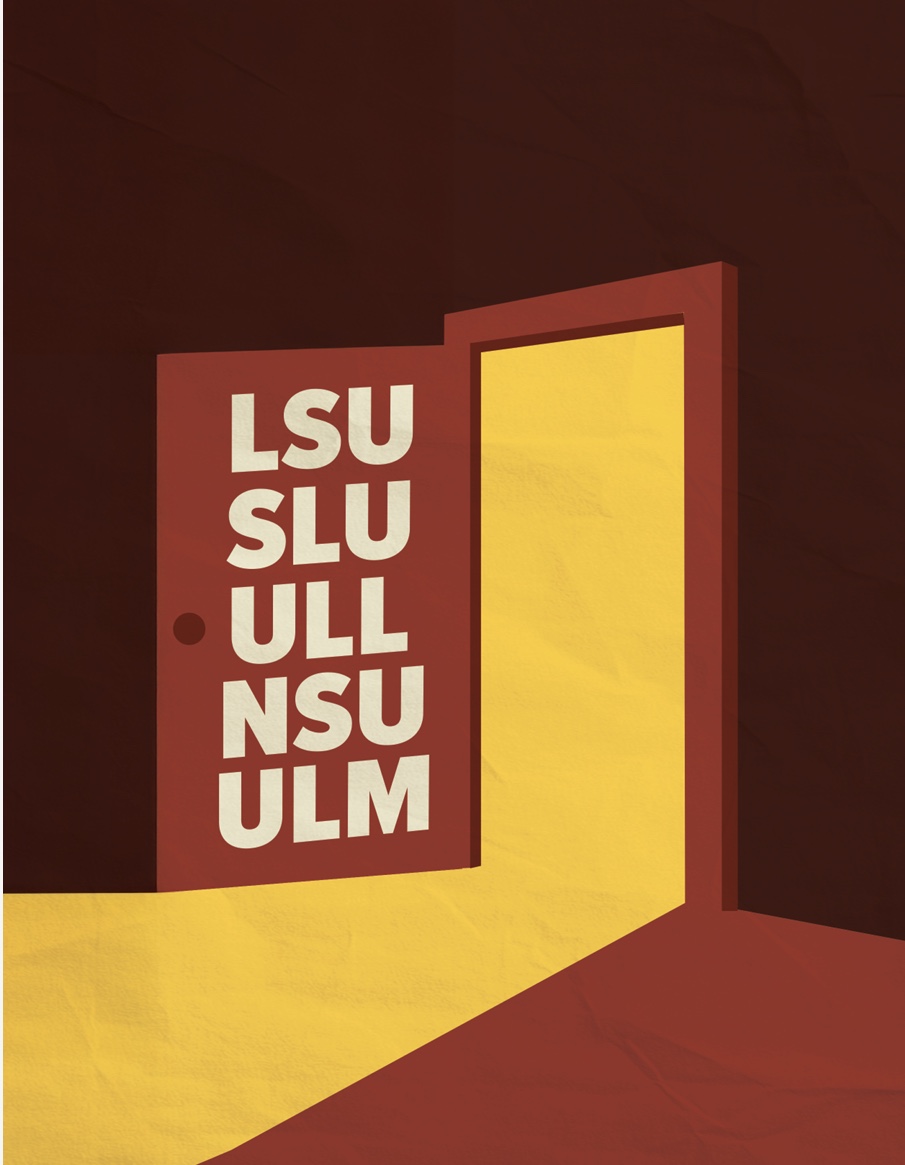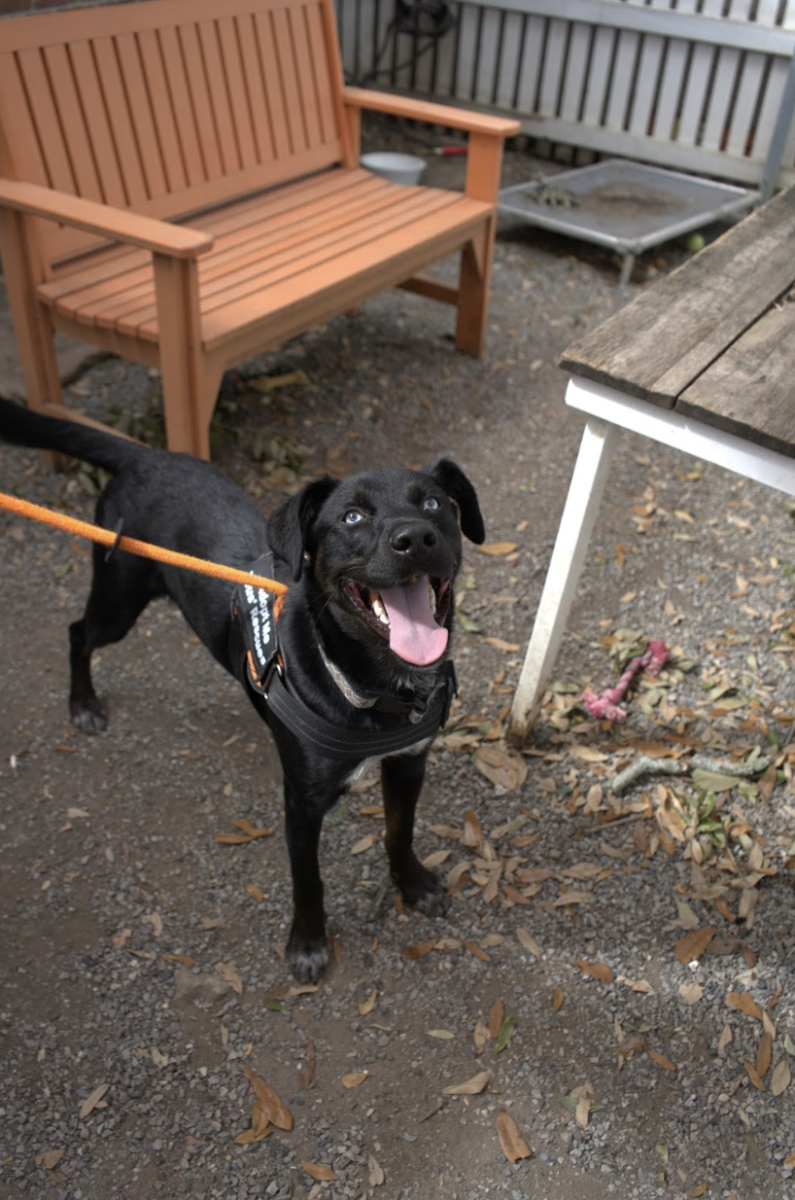Imagine being involved in a criminal trial for a serious charge. Your future hinges on the outcome of this trial. At the same time, Loyola University is demanding that you also defend yourself in a university conduct hearing. Anything you say in this university hearing could be used against you in your criminal trial where the stakes are much higher. The risk of self-incrimination, combined with the need to negotiate multiple legal systems simultaneously, is daunting. And during all of this, your lawyer isn’t even allowed to speak.
On May 1, students Carson Cruse and Juleea Berthelot were arrested for their involvement in a pro-Palestine encampment at Tulane University. While the exact nature of their charges remains unclear—both criminally and under Loyola’s Student Code of Conduct—their situation highlights a problem. Navigating simultaneous criminal and university proceedings presents a frightening challenge and a fundamental unfairness.
In the criminal justice system, the accused enjoys strong protections: the presumption of innocence, the right to remain silent, and the “beyond a reasonable doubt” standard. These safeguards are crucial to ensuring fair justice. In contrast, Loyola’s university conduct hearings lack these protections. They operate under a far lower standard—”preponderance of the evidence”—which requires only that it be more likely than not that a student violated the code. This reduced burden of proof makes it significantly easier for the university to find a student responsible for misconduct. Given these circumstances, a student must exercise even greater caution in their defense. The risk of self-incrimination in an ongoing criminal trial further complicates their position, making it difficult to argue that this process is truly fair.
The university’s inflexible scheduling only exacerbates the problem. Loyola’s Student Code of Conduct doesn’t explicitly allow students to delay university hearings until their criminal cases are resolved. Instead, the policy grants the university the authority to proceed “prior to, simultaneously with, or following civil or criminal proceedings.” This blanket approach disregards the practical challenges students face, forcing them to juggle a full defense at the university while also protecting their rights in a criminal court. In this setup, students are at a perpetual disadvantage, with every move potentially jeopardizing their case in either arena.
University officials wield discretionary power, compounding the unfairness. These individuals have the authority to interpret the code, determine jurisdiction, and even modify procedures in so-called “exceptional circumstances.” Yet, this flexibility seems to vanish when students request a reasonable delay in their conduct hearing until criminal proceedings are resolved. Without a formal process for postponement, students are left vulnerable to decisions that often overlook the complexity of their legal situations.
The university’s opaque sanctions and appeals process only deepens the lack of procedural fairness. While students technically have the right to appeal a conduct hearing’s outcome, their grounds for doing so are limited, and the decision to grant an appeal rests with the same officials who oversaw the original case. This lack of external oversight, combined with the potential for bias, raises serious concerns about the overall fairness of the system. It’d be like getting charged for a crime and deferring to your prosecutor for appeal.
At a university that upholds Jesuit values like Cura Personalis—the care for the whole person—one would expect fairness to be a fundamental principle. Caring for the whole person should inherently include respect for individuals’ specific needs and concerns. However, there appears to be an inconsistency in practice, where fairness is sometimes upheld and other times overlooked. For an institution grounded in such principles, this uneven application of fairness raises questions about its commitment to these core values.



















